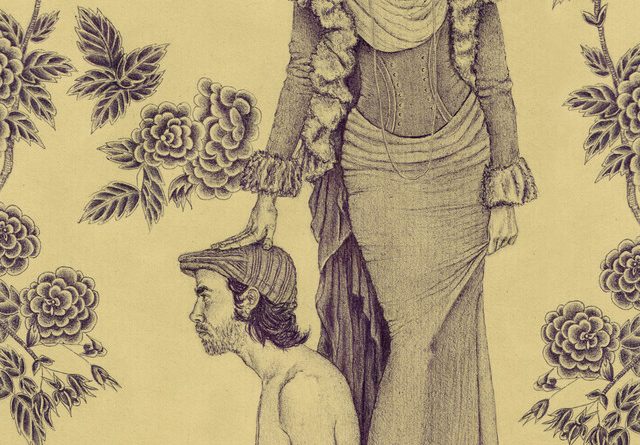Unlocking the Meaning: A Lyrical Analysis of Patrick Watson’s Je te laisserai des mots
by Alex Harris
24th June, 2023


Introduction
Patrick Watson’s Je te laisserai des mots has enchanted listeners around the world with its compelling melody and intriguing lyrics. As a tune from one of Canada’s most gifted contemporary musicians, it commands an in-depth exploration to fully understand its profound message. This lyrical analysis aims to unlock the meaning behind Je te laisserai des mots, translating the song’s beautiful French lyrics into English and offering a nuanced understanding of its narrative and poetic depth.
Understanding the Lyrics
Unravelling the words of Je te laisserai des mots begins with appreciating Patrick Watson’s lyrical prowess. The Patrick Watson Je te laisserai des mots lyrics hold a delicate balance of introspection and universal resonance, leaving listeners with an echoing sense of familiarity, even amidst the song’s haunting melancholy.

The first verse of Je te laisserai des mots begins with an instrumental intro that sets the mood for the song. The piano plays a simple melody that repeats throughout the song, creating a sense of familiarity and continuity, while the singer hums along with the piano, adding a layer of warmth and emotion to the music. Patrick then uses words to convey a sense of longing and secrecy.
The lyrics of the first verse are:
Je te laisserai des mots
En d’ssous de ta porte
En d’ssous de les murs qui chantent
Tout près de la place où tes pieds passent
In English,this translates to:
I will leave you words
Under your door
Under the walls that sing
Close to the place where your feet walk
The chorus of Je te laisserai des mots repeats three times throughout the song, after each verse with more intensity and emotion than the verse, reflecting a stronger feeling of attachment and urgency.
Ramasse-moi
Quand tu voudras
Ramasse-moi
Quand tu voudras
Ramasse-moi
Quand tu voudras
In English, this translates to:
Pick me up
When you want
Pick me up
When you want
Pick me up
When you want
The second verse consists of six lines of lyrics that reveal more details about the relationship and are filled with a sense of regret and confession.
The lyrics of the second verse are:
Je te laisserai des mots
Cachés dans les trous de ton divan
Et quand tu seras seule un moment
Dans ta chambre ou dans ta voiture
Je te chuchoterai à l’oreille
Toutes ces choses que je n’ai jamais dites
In English, this translates to:
I will leave you words
Hidden in the holes of your couch
And when you are alone for a moment
In your room or in your car
I will whisper in your ear
All these things that I never said
Je te laisserai des mots translation reveals a theme of profound love and longing, conveyed through metaphors and exquisite lyricism. The song captures the emotional intensity of leaving behind words – ‘des mots’ – for a beloved person, drawing listeners into a narrative filled with poignant imagery and raw emotion. The language used is intricate, implying a sense of intimacy and longing. This complexity gives the song its emotional weight and allows listeners to connect with the music on a deeper level.
Comparing Translations
Comparing Je te laisserai des mots in English to its original French version allows for a deeper appreciation of Watson’s songwriting skills. The subtle nuances that may get lost in translation become more evident, and the poetic licence taken by Watson is more apparent.
Conclusion
Through an exploration of the lyrics, translation, and further lyrical analysis, we can begin to unravel the intricate layers within Patrick Watson’s Je te laisserai des mots. The song’s strength lies in its capacity to capture complex emotions through simple yet profound words, offering a universally resonating narrative. We invite you to continue exploring Watson’s discography and his unique approach to storytelling through music.
Patrick Watson is a Canadian singer-songwriter and pianist who has been making music since 2001. He is known for his eclectic and experimental style that blends elements of indie rock, folk, jazz, classical, and pop. He has won several awards, including the Polaris Music Prize in 2007 for his album Close to Paradise. He has also collaborated with other artists, such as The Cinematic Orchestra, Feist, Lhasa de Sela, and The Barr Brothers. Some of his other notable works include Wooden Arms (2009), Adventures in Your Own Backyard (2012), Love Songs for Robots (2015), and Wave (2019).
